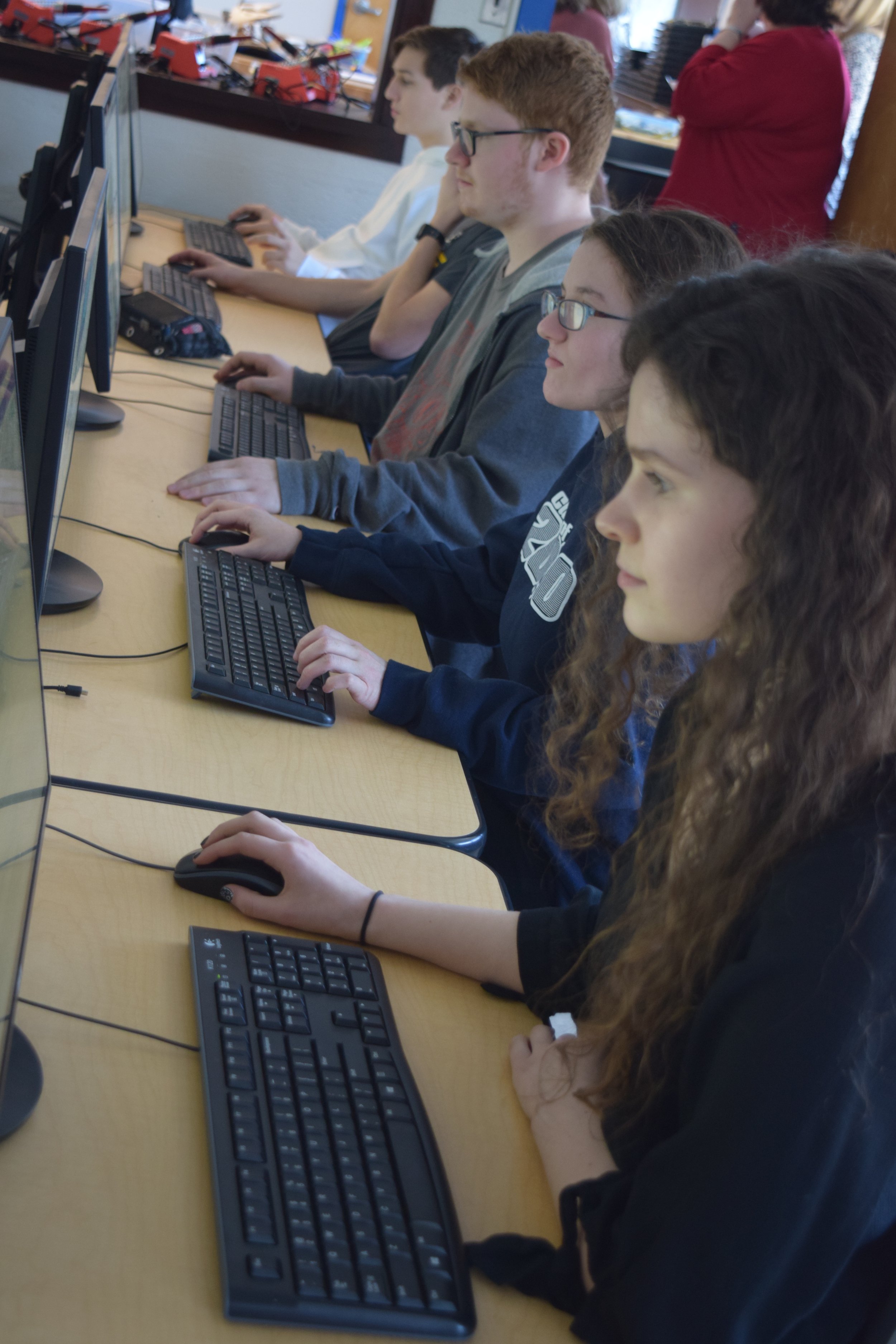Work-Based Learning
WBL is a critical component of a student’s career pathway, and encompasses activities that provide students with real-life work experiences.
the Work-Based Learning Implementation Toolkit
The implementation toolkit is a resource for Rhode Island educators and other work-based learning providers serving K-12 students. It brings together definitions, guidance, and implementation resources in one location and includes:
Roles and responsibilities for work-based learning
Rubric for high-quality work-based learning
Governor’s Workforce Board Guidance
Work-based learning implementation examples, including the PrepareRI Internship Program
Work-based learning data collection specifications
What does it mean for WBL to be high-quality?
Broadly, WBL should meet the following standards of quality. Specific WBL activities should meet more detailed guidance for expectations of high-quality, which are currently under development.
Rigorous: Skill-based, and tied to measurable outcomes
Relevant: Connected to a student’s interests and to the real world of work
Reflective: Engages the student in reflection and analysis
Interactive: Providing multiple and extended opportunities for students to interact with industry professionals
Integrated: Connected with the student’s school-based curriculum and for academic credit
For more detail, read the Governor's Workforce Board's guidance on work-based learning. RIDE recommends that all high schools designate a Career Coordinator to be the school's point person for WBL opportunities.
What are examples of WBL opportunities?
WBL activities provide students with real-life or simulated work experiences. These experiences are often credit-bearing opportunities that provide students career and industry-connected learning both during and outside of the traditional school day. Rhode Island is employing a flexible definition of WBL, encompassing the activities below:
Internship: A position for a student to work in an organization, sometimes without pay, to gain work experience, satisfy requirements for a credential, and/or gain course credit.
Apprenticeship: Highly-formal job training experience that involves studying with a master of the trade on the job.
Service-learning: A program or project which combines community service with an outside organization with a structured opportunity.
School-based enterprise: Students produce and sell goods or services in school and learn about business skills and entrepreneurship.
Industry project: Individual, group, or class-wide projects in which students address a real-world, industry-focused question or problem with the guidance of industry professionals.
How does WBL connect to Student Pathways?
Guided Pathway Endorsements: To earn a Guided Pathway Endorsement, students must successfully complete three components: (1) academic study; (2) work-based learning; and (3) application of skills demonstrated through the performance-based diploma assessment.
Career and Technical Education Programs: Work-Based Learning is a component of CTE Program Standards that students are required to complete.
*Students must complete a minimum of 80 hours of WBL experiences for both Guided Pathway Endorsements and CTE Programs.
Resources
Work-Based Learning Navigator managed by Skills for RI’s Future
FAQs about insurance and liability for schools from The Trust


